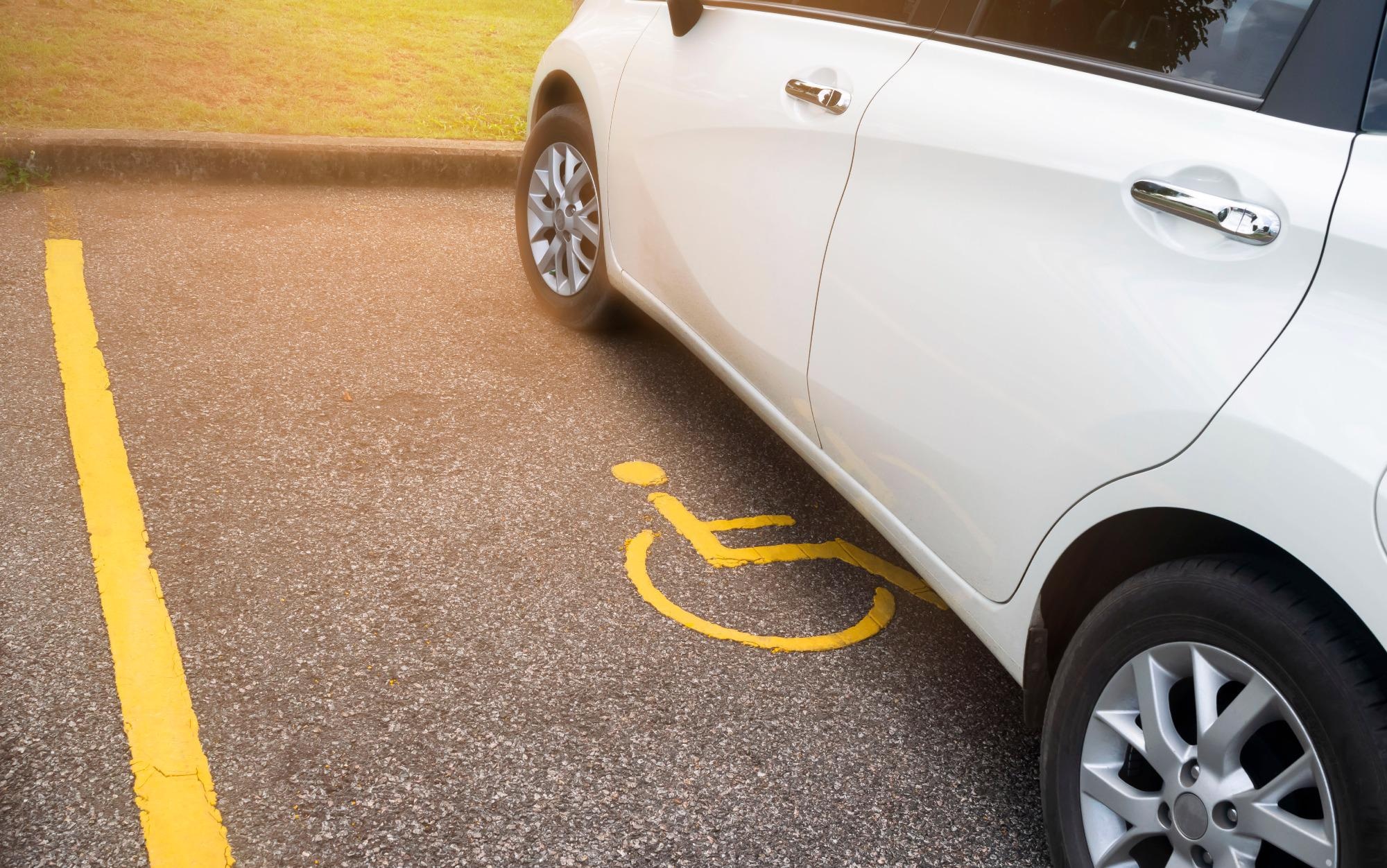The use of IoT technologies across an extensive range of industries has been steadily on the rise in recent years, including the transportation sector. The technology enhances information gathering and data acquisition which, in turn, supports reliable automation in various applications.

Image Credit: Shutterstock.com/ merrymuuu
Now, Sutton Council in the UK will trial the use of internet enabled sensors as a way to make services for disabled car users more accessible. Over a 12 month period, the IoT enabled technology will help the council collect data and information on the town’s parking situation.
The trial forms part of an innovative data collective scheme known as the ‘InnOvaTe Project’, in which the South London Partnership (SLP) will work with five London councils to address challenges within local communities and create spaces and opportunities that increase the quality of life.1
InnOvaTe Project
SLP’s InnOvaTe Project brings together councils from Croydon, Kingston upon Thames, Merton, Richmond upon Thames and Sutton and is considered to be a market leading opportunity.
Sponsored by the Strategic Investment Pot (SIP) as a part of the London Councils Business Retention Scheme, it was suggested that the SLP boroughs receive four million pounds of funding to produce a multi-functional IoT platform that would link several sensors throughout borough boundaries.
It is anticipated that the IoT platform will generate key data insights across the five boroughs which will help strengthen and advance economic growth while enhancing the day-to-day lives of local residents.
Sutton Council hopes its network of sensors will help make informed decisions to guide policymaking and include disabled drivers in the process of road development.
Innovative approaches, such as our smart parking solution, allow councils to make more informed decisions in a cost-effective way that was not possible before the dawn of technologies such as IoT.
Emma Mahy, CEO of IoT Solutions Group working with the SLP’s project
Sustainable Transport Strategy
Once the trial has been completed, the University of Essex will evaluate the data and information gathered. This will help Sutton Council better understand what areas of focus are important when reviewing its Sustainable Transport Strategy draft.2
The Sustainable Transport Strategy aims to reduce road traffic and private vehicle use while also ensuring disabled resident road users are not negatively impacted. The council hopes to use the data from the trial to see how and when parking bays are being used to find sustainable and accessible parking solutions.
As part of the project, the council has ensured that all data acquired using the trial sensors will be anonymous and fall in line with current GDPR policies that protect user privacy.
Sutton Council has also launched other IoT initiatives that focus on using sensors to monitor air quality to help reduce air pollution, as well as gathering data on local park usage, and using sensors to help reduce fly-tipping.
The council has set its ambition on becoming London’s most sustainable borough by creating a network of interconnected “low-traffic neighbourhoods.”2
IoT & Smart Cities
IoT technology has often been considered pioneering and experimental but not particularly cost-effective. However, it has made the necessary leaps and bounds in recent years, making it more economical and practical for use in local UK government schemes, including the InnOvaTe Project.
Since 2015, investment in IoT technology has been on the rise nationally since the government first pledged £40 million towards its “smart cities” initiative.
Schemes, such as the one Sutton Council is undertaking, demonstrate that IoT technologies and networked cities can help improve the quality of people’s lives while driving key strategies towards automation.
Recently, Sutton Council also installed a flood sensor system to monitor water levels in underground soakaways. This allows the council to effectively respond to flood warnings, and manage sudden environmental changes while limiting costs and minimizing the need for costly repairs.
Sutton Council believes, if successful, that its trial of using sensors to monitor parking bay usage in the town will help facilitate its Sustainable Development Strategy while enhancing local services for disabled road users.
References and Further Reading
Koranteng, J., (2021) Home - Innovate. [online] Innovate. Available at: https://www.innovateproject.org/
Sutton.gov.uk. (2021) Draft Sustainable Transport Strategy | Draft Sustainable Transport Strategy | Sutton Council. [online] Available at: https://www.sutton.gov.uk/info/200464/planning_policy/2232/draft_sustainable_transport_strategy
Disclaimer: The views expressed here are those of the author expressed in their private capacity and do not necessarily represent the views of AZoM.com Limited T/A AZoNetwork the owner and operator of this website. This disclaimer forms part of the Terms and conditions of use of this website.